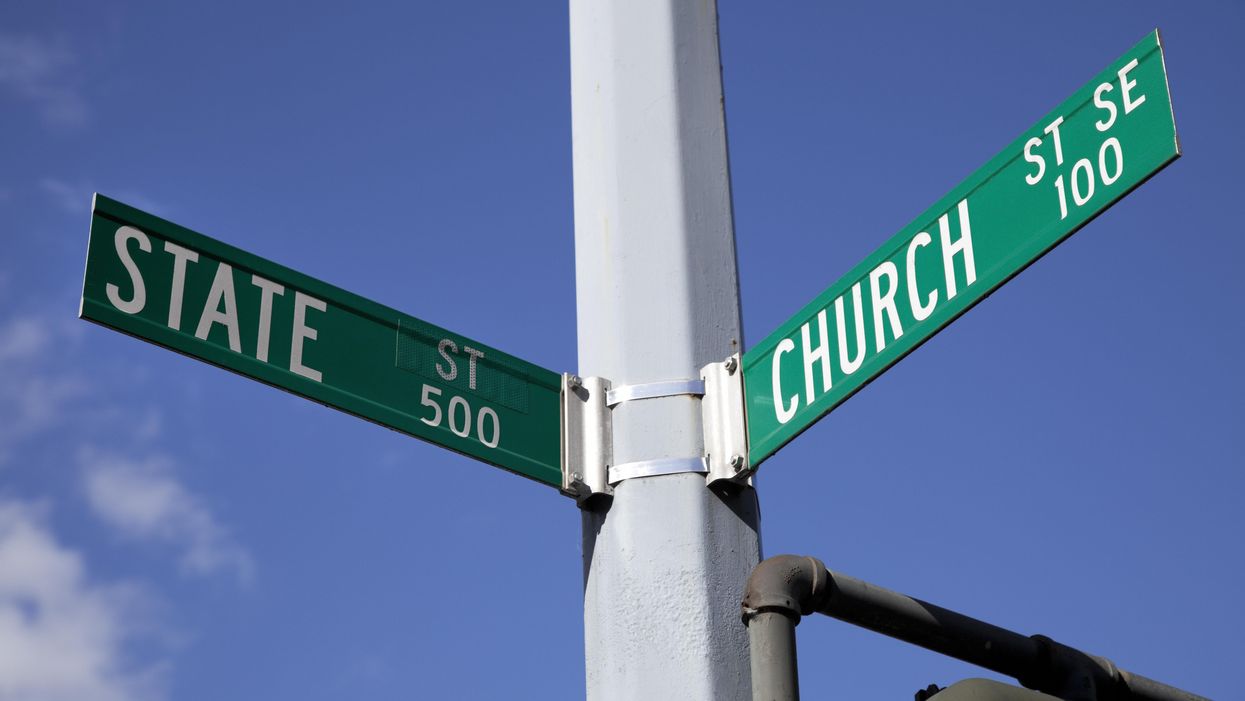Molineaux is co-publisher of The Fulcrum and president/CEO of the Bridge Alliance Education Fund.
This week, we are asking you, our readers, to reflect on this question, and share your responses with us:
During our turbulent and challenging times, how does your faith, religion or spirituality inform your politics?
I don’t normally weigh in on these questions, preferring to ask thoughtful questions and then maintaining a respectful silence to hear your views. However, this question feels particularly poignant for me, since I’m in a Buddhist exploration of the Sacred Warrior practice. But I didn’t start here. And my path has been anything but straight.
My early life was spent in the Southern Baptist church. On Sundays I would spend time with my grandmother, who did not approve of or like my stepfather. It was our special time together. I would attend Sunday school as she worked in the church office, then we would attend the service together. It was the hellfire and brimstone style of preaching. I spent most services reading my Bible, the children’s living Bible version. The stories were more compelling than the angry man on the dais. And, of course, we stopped at McDonald’s after church, buying extra french fries to eat on the way home.
My grandmother provided the first implement in my spiritual tool box: a connection to others who loved me as I was.
As a teenager, I attended a different Southern Baptist church with my high school sweetheart. We were both baptized in the church and I was … disappointed. The baptism had not erased my doubts or led to feelings of inclusion, which was my (immature) expectation. After drama with my family, I left home, left the church and struck out on my own. I entered my angry years, becoming an atheist for a time.
The second tool in my spiritual tool box was boundary setting.
As my mom and I worked on improving our relationship, she invited me to a church she found helpful. It was a new thought faith — now called the Centers for Spiritual Living — where I quenched my longing for spiritual community. But as a friend quipped, “It’s like an Amway meeting for God.” I burned out with the continual improvement required to be “growing on the edge.” I decided I was “good enough for now” and left the church.
The third tool in my spiritual tool box was self-acceptance.
Over the next 10-15 years, I was “unchurched.” At the same time, I felt deeply connected to my many communities and my work, and faithful in my self-growth. I attended many workshops aimed at personal growth or self-actualization, all of which presented new spiritual tools for me to use. During this period, I acquired:
- Compassion and empathy.
- Awareness of The Drama Triangle, and an antidote.
- Multicultural literacy.
Eventually, I found myself longing for a faith community, where we could practice and discuss the ethical and moral dilemmas. I started Judaism conversion classes. Nearing completion, I saw a widening schism in the congregation between the conservative, pro-Israel and progressive, pro-humanity members. I did not convert, as I (mistakenly) believed it wasn’t my conflict.
My spiritual tool box was still missing tools when I entered my political life. After running for office (the first and only time), I felt shunned by my friends who were disinterested in politics or making the world a better place. I no longer fit with a material-driven mindset. This is when I began to be a bridger between different partisans, faith communities, social groups and more.
After several more years in the spiritual wilderness, dabbling in eastern philosophy, women’s groups, meditation, yoga, shamanic journeys and other practices where I found connection, I attended my first meditation retreat. The retreat used the Tibetan traditions ( Mahāyāna) of Buddhism, but was informed by Western psychology, indigineous rituals and shamanism.
I added a tool of non-attachment, while remaining grounded in strong, life-centered values.
All of my spiritual tools are aspects I use daily for the inevitable transformation of our political culture. The template of a healthy political culture is already inside us. It is a culture where we:
- Connect instead of conquer.
- Are sovereign and interdependent.
- Love others as we love ourselves.
- Focus on what we want.
- Act with curiosity towards new and different people, ideas, cultures.
- Trust in each other that “we’ve got your back” as we evolve our social contract that in turn, informs our politics.
I am in a Sacred Warrior class to explore — and co-design — a curriculum for 21st century life, based on the ancient, time-proven values and practices that were developed centuries ago for a different culture and lifestyle. The tools I’ve accumulated provide the means. Regardless of our faith, religion or spiritual practice, we all must provide the will to use our faith in healthy and uplifting ways.
Thank you for your attention and for reading this column. Your take on how your faith, religion or spirituality has informed your politics is greatly appreciated and I look forward to reading every answer.
Tell us how your faith, religion or spirituality inform your politics by Thursday at 9 a.m. ET. We will publish a selection of reader submissions on Feb. 11.




















Marco Rubio is the only adult left in the room